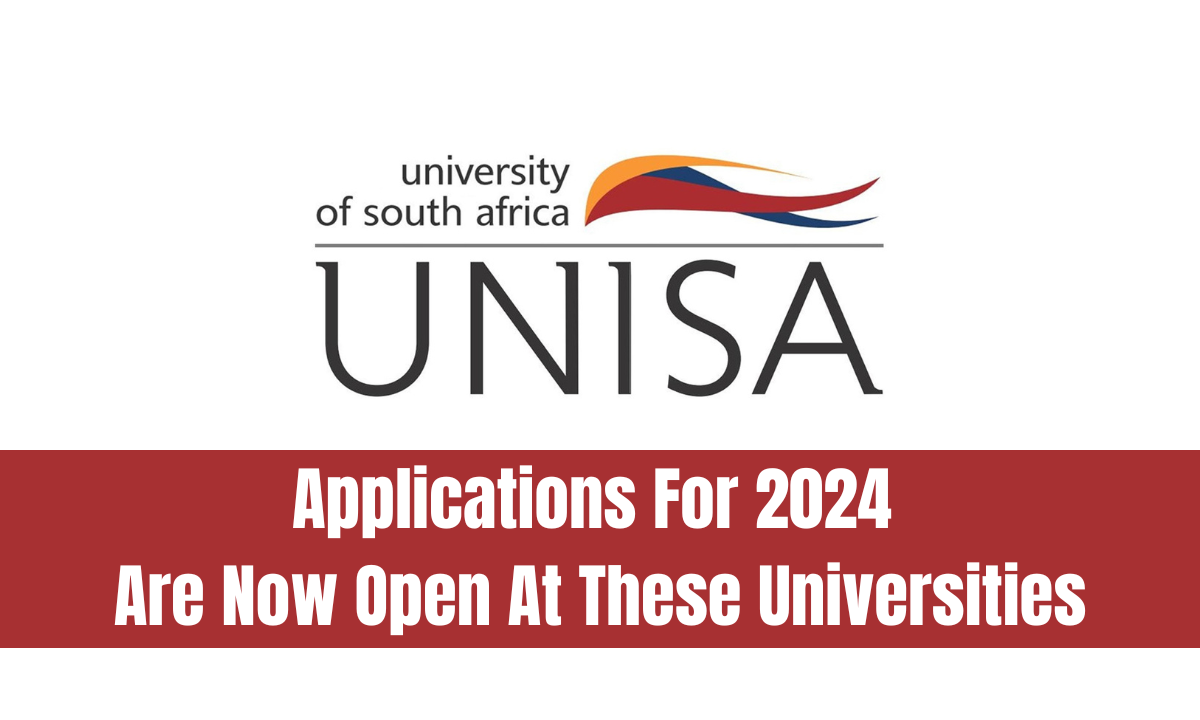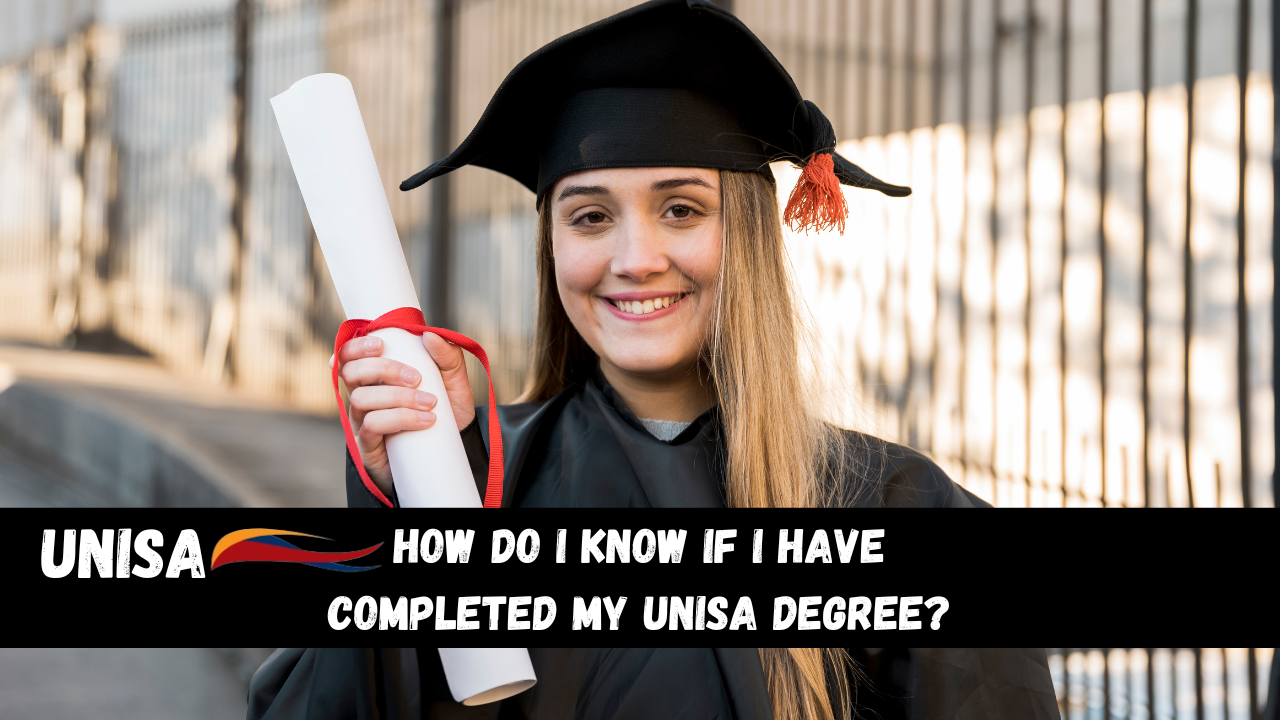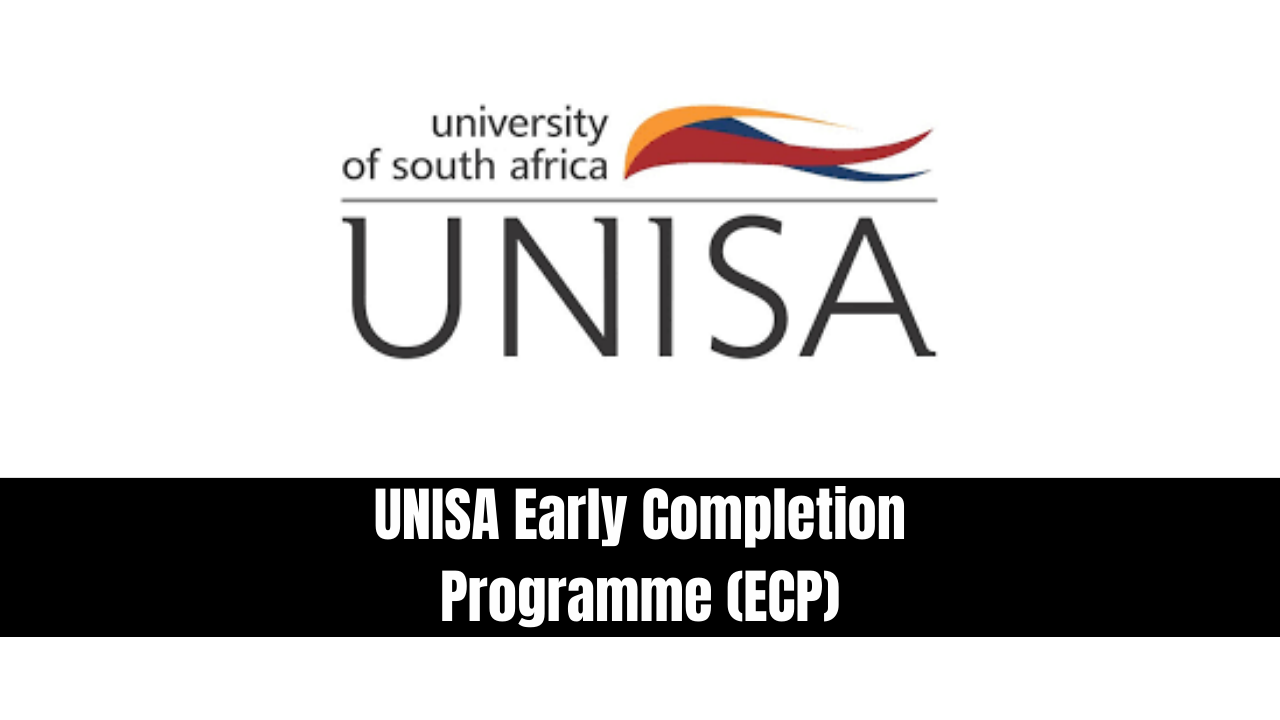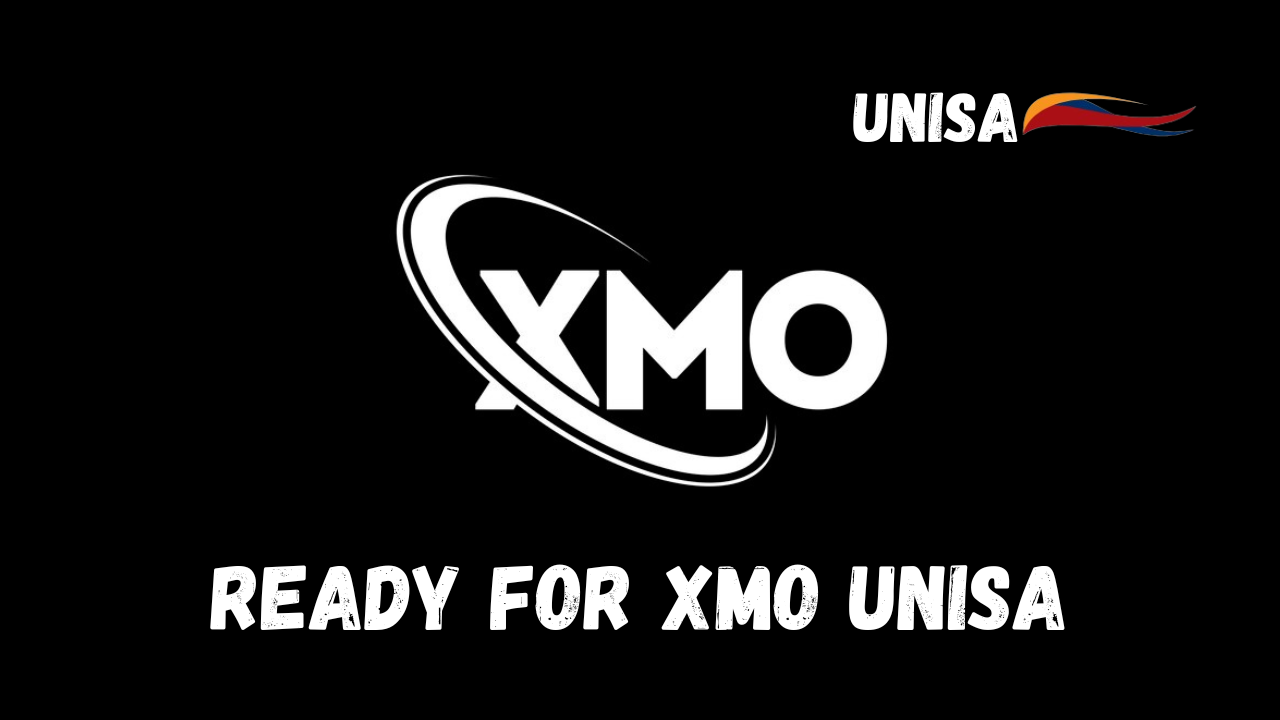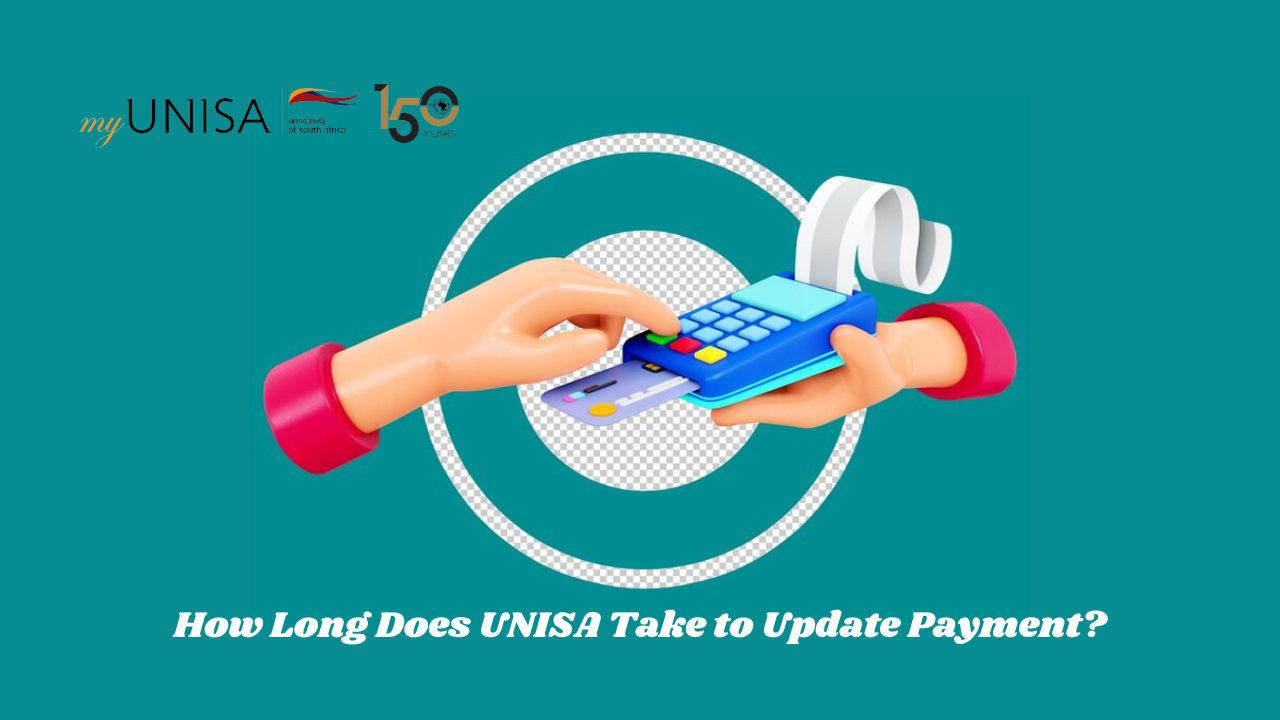It’s that time of the year again, applications season! If you’re looking to study at a South African university in 2024, you’ll be pleased to know that applications are now open. In this article, we’ll provide you with a list of universities accepting applications and guide you on how to apply.
Universities Open for 2024 Applications
Various universities in South Africa have opened their applications for the 2024 academic year. Each university has its own opening and closing dates, some of which may be sooner than expected. To secure your spot, it’s crucial to submit your application as soon as possible.
Here is a list of universities that have opened their 2024 applications:
- University of Johannesburg
- University of Cape Town
- University of Pretoria
- North West University
- Nelson Mandela University
- Sefako Makgatho University
- Stellenbosch University
- Central University of Technology
- University of Limpopo
- Wits University
- Tshwane University of Technology
- University of the Free State
- Durban University of Technology
- University of Kwazulu-Natal
- Mangosuthu University of Technology
- University of Zululand
- Walter Sisulu University
- Sol Plaatje University
- Vaal University of Technology
- University of the Western Cape
- Cape Peninsula University of Technology
Please note that there are 26 public universities in the country, and the remaining universities are expected to open their applications between May and August. Application closing dates for many universities are between July and October. Stay informed as these universities are likely to announce their application dates in the coming weeks to avoid missing the deadlines. Additionally, check whether your desired programs are offered in the first or second semester.
South African University Life
South African universities are generally welcoming to international students, including those from other African countries. If you’re interested in studying in South Africa but reside outside the country, rest assured that most SA universities are open to accepting foreign students.
Online Application Guidelines
In South Africa, the application process is not centralized, except for last-minute places available in January and February. Therefore, it’s necessary to contact each university individually to inquire about their application procedures. While most universities in South Africa conduct lectures and tutorials in person, many have become more accepting of online classes due to the COVID-19 pandemic. However, please note that the University of South Africa (Unisa) operates as a correspondence university, meaning their courses are primarily offered through distance learning.
Exploring Universities
The Western Cape region is home to popular universities like Stellenbosch University and the University of Cape Town. Additionally, South Africa has several excellent universities classified as “Universities of Technology.” These include Tshwane University of Technology, Cape Peninsula University of Technology, and others. Many universities organize open days for prospective students to visit their campuses, but online open days are also available for international students who may face travel constraints.
Tuition Fees and Financial Assistance
Tuition fees vary across universities and different courses. It’s essential to search for the universities’ fees booklet to obtain accurate information about fees and payment deadlines. If you require financial assistance, it’s advisable to apply for funding alongside your university application. Applying for funding, such as the National Student Financial Aid Scheme (NSFAS), early on ensures that you have adequate time to meet the university’s application deadlines.
Academic Qualifications
To enroll in a South African university, prospective students must hold a National Senior Certificate (NSC) or an equivalent qualification, such as an international school-leaving certificate. The NSC is obtained by completing the National Senior Certificate Examination, commonly known as Matric. Undergraduate programs typically require a Bachelors’ Pass at the Matric level. If you’re interested in Health Sciences, verify whether your desired university offers the specific course you’re looking for.
Subject Requirements at South African Universities
Different degree programs have specific subject prerequisites at each university. For example, engineering programs may require Mathematics and Physical Science. Teaching programs also have specific course requirements. If you intend to study architecture, you will likely need to submit a detailed portfolio. To ensure you meet the subject requirements of your desired program and university, consult the admission guidelines provided by the university.
Minimum Admission Points Score (APS)
South African universities employ the Academic Points Score (APS) system to evaluate applicants’ academic achievements. The APS considers both the NSC results and performance in specific subjects. Each program sets a minimum APS requirement, and students must aim to achieve or surpass this score to be considered for admission.
Language Proficiency
As English is the primary medium of instruction in most South African universities, international students and non-native English speakers may be required to demonstrate proficiency in English. Tests such as the Test of English as a Foreign Language (TOEFL) or the International English Language Testing System (IELTS) are commonly accepted as proof of language proficiency.
Application Process
Students must submit their applications directly to their preferred universities. The application process typically involves completing an online application form, providing necessary documents, and paying an application fee. When applying online, ensure that you follow the provided guidelines and pay the required application fee. You should receive updates on your application status via email. The application process usually begins the year before you plan to study, and registration periods occur during the first week or two of the semester.
University Residences
University residences are available at all universities, but space is limited. It is crucial to submit your residence applications as early as possible, as priority is often given to first-year students. Private residences near university campuses are also an alternative accommodation option.
University Application Closing Dates
Pay close attention to the opening and closing dates for the universities you’re interested in. These dates can vary between universities and different programs. Generally, undergraduate applications close first, followed by postgraduate program applications.
TVET Colleges
If you’re unable to secure a place at a university, consider exploring Technical and Vocational Education and Training (TVET) Colleges. These colleges offer a wide range of courses, and NSFAS funding is available for eligible students. TVET College programs are often more practical and closely aligned with industry needs, providing students with excellent job prospects.
Where To Study
To learn more about the universities mentioned above and other study options in South Africa, visit the “Where To Study” page. It will provide you with further insights into the listed universities and additional study destinations.
Conclusion
Now that applications for the 2024 academic year are open at various South African universities, it’s time to take action. Research your desired universities, review the application requirements, and begin the application process as soon as possible. Don’t forget to check the opening and closing dates for your chosen universities, pay attention to subject requirements, and explore financial assistance options. Good luck with your applications and future studies!
